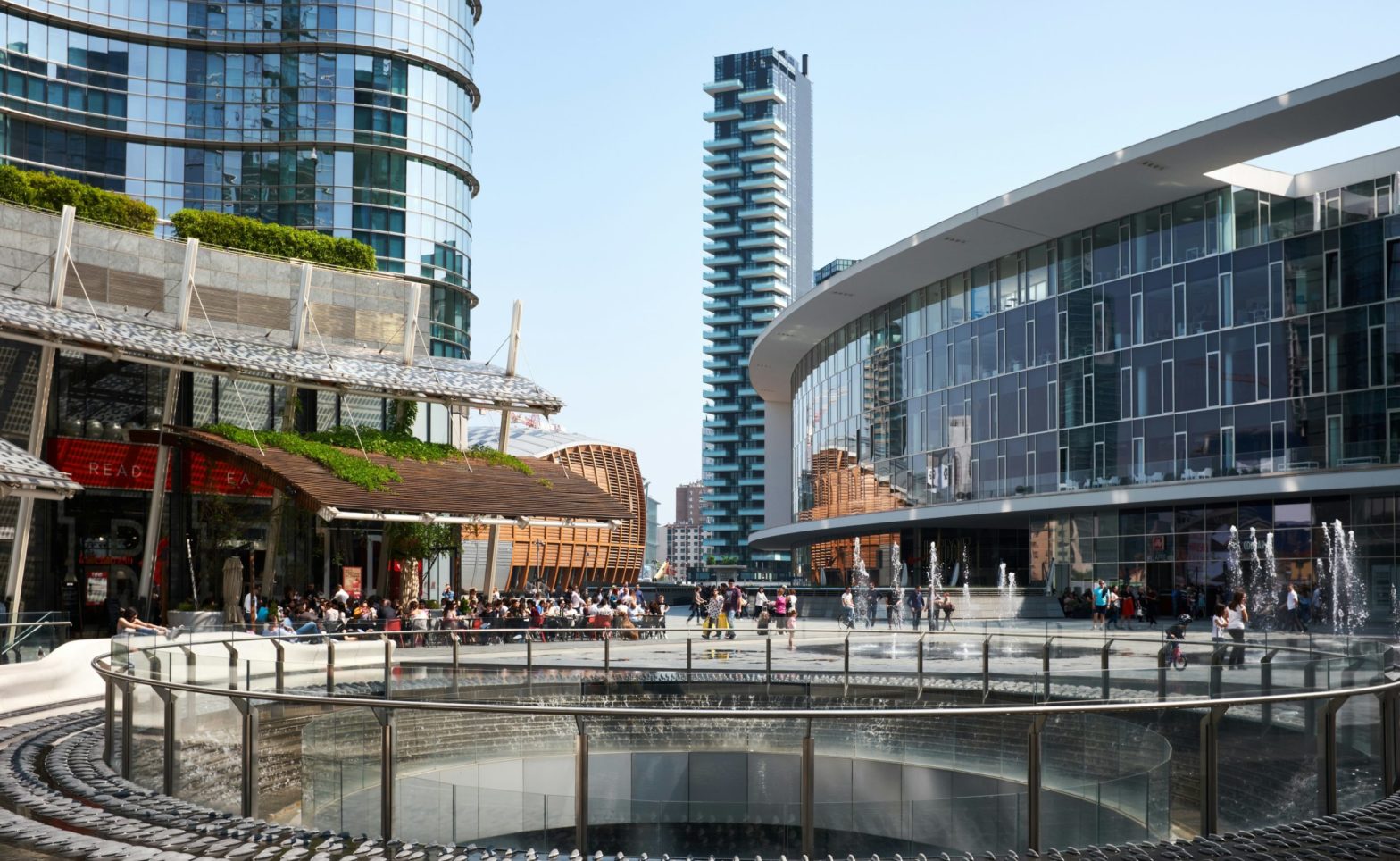
Photo: Forum-for-the-Future-logo
New tools launched to help shift to a circular economy
15 February 2016
by Nick Michell
Following the recent announcement of a €24 billion EU Circular Economy Package, Forum for the Future, a sustainability non-profit, has launched two free tools, developed together with partners Unilever and Novelis, that empower businesses and designers to make decisions that accelerate the shift towards a more circular economy.
“The idea of the circular economy takes its inspiration from natural systems,” James Goodman, Director of Futures at Forum for the Future, told Cities Today. “Nature wastes nothing: the waste from one process is the feedstock for another. We need an economy like that. Such an economy would use resources far more efficiently, and be a much more collaborative and joined up economy. The tools we have produced aim to help people in businesses to explore the new skills, new relationships, and new sources of value that will be important in the future circular economy.”
The two tools are Design for Demand, an online tool developed with Novelis, a rolled aluminium production company, to educate new designers and design students about circular design principles, and a Circular Business Model Toolkit created for consumer goods company Unilever to help its product teams understand how business models, innovative products and strategic partnerships can contribute to a more resource-efficient economy.
“At Unilever we firmly believe that action on climate change is good for business and we want to share that insight with others,” said Gavin Warner, Director of Sustainable Business at Unilever. “We have found the Circular Business Model Toolkit immensely helpful as a tool that helps our teams visualise scenarios for better product sustainability, and are certain that they will be a valuable resource for other business leaders and decision makers as well.”
Both tools are designed to help change mindsets about product life cycles, material flows and processes, in order to speed up the transformation of prevalent linear economic models into more sustainable ones that prevent and minimise wastage.
“Aluminium by nature has immense potential for recycling, with 75 percent of all the aluminium ever made still in use, and we wanted to use it as a case study to help designers think differently about their design choices, material use and product vision,” said Andy Doran, Senior Manager of Sustainability at Novelis. “Designing for a circular economy isn’t easy, but it’s necessary. We want Design for Demand to assist designers in innovating new products that cut waste and change the way consumers use them.”











